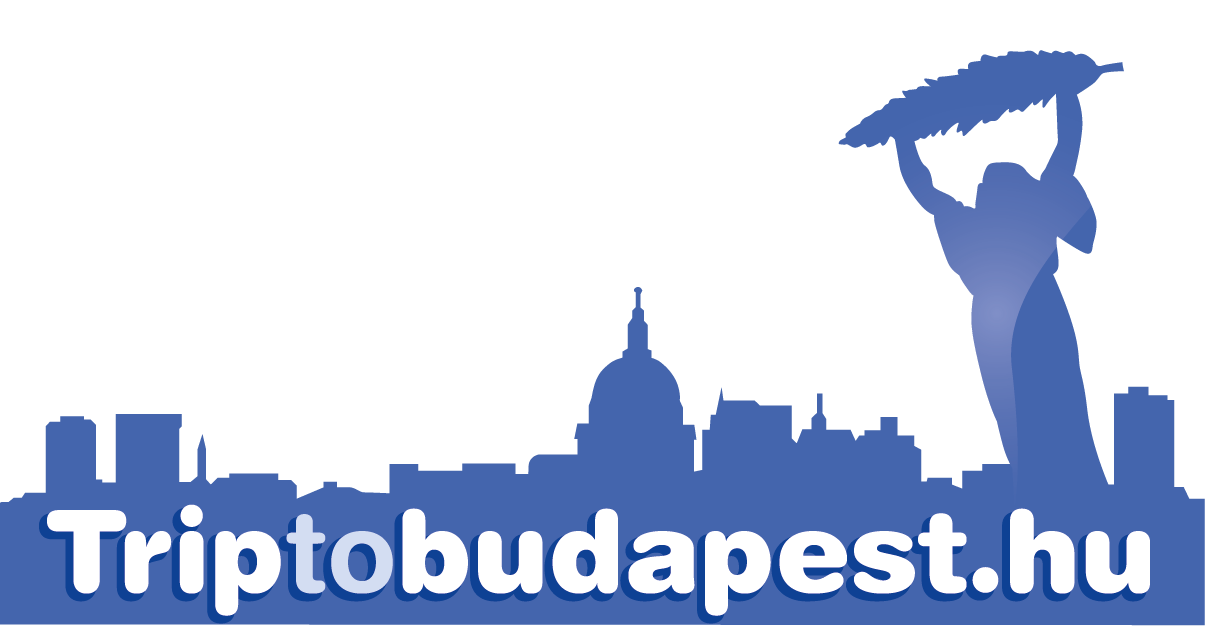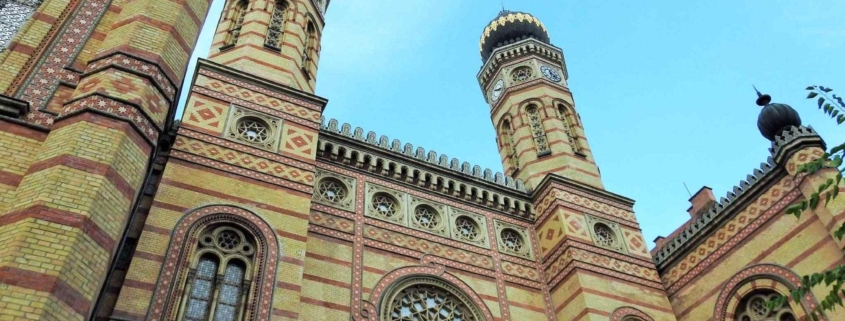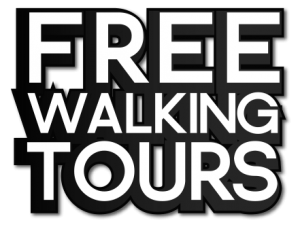The Dohány street synagogue or Grand synagogue is in the 7th district of Budapest which is also called the Jewish quarter. It is the second largest synagogue of the world after the Temple Emmanuel in New York, and the biggest one in Europe seating 3000 people. The building is an important symbol of Hungarian Jews, it is one of the most important attractions of the capital and it plays an active role in the cultural life of the city: they organize classical music and organ concerts and festivals. The Dohány street itself is a nice street in the city center and carries strong Holocaust connotations as it was one of the borders of the Budapest Ghetto during the second World War. Dohány means Tobacco, there used to be a Tobacco factory on the street.
The Dohány street synagogue belongs to the Neolog community which is one of the 3 biggest Jewish communities of Budapest. Since the beginning of the Hungarian history in Europe, since the end of the 9th century, there has been Jewish people living amongst the Hungarians. In the 1800s the Jewish community reached a point when they got separated into 3 communities. In 1868 there was a congress and the Neolog, the Orthodox and the Status quo ante groups were born. Shortly the Orthodox community is the one that takes the rules of the religion the most seriously; the Neolog is the one that wanted to reform the ancient rules and traditions and assimilated to the Hungarians; and the Status quo ante is the group that wanted everything to stay as it was before, they are the so to say neutral community.
Let’s see a few facts about the construction and the building. It was built between 1854 and 1859, it was finished quite quickly compared to other constructions of Budapest. The façade faces Jerusalem, and a German architect, Ludwig Förster was the one who designed it in a Moorish, oriental style. The Dohány Street Synagogue complex consists of the Great Synagogue, the Heroes’ Temple, the graveyard, the Wallenberg Memorial Park and the Jewish Museum, which was built on the site of the apartment building where Theodore Herz was born He was a journalist, playwright and a political activist who was the father of modern political Zionism. He promoted Jewish immigration to Palestine, wanted to form a Jewish state. Though Herzl died before the establishment of the State of Israel, he is known as the father of it.



